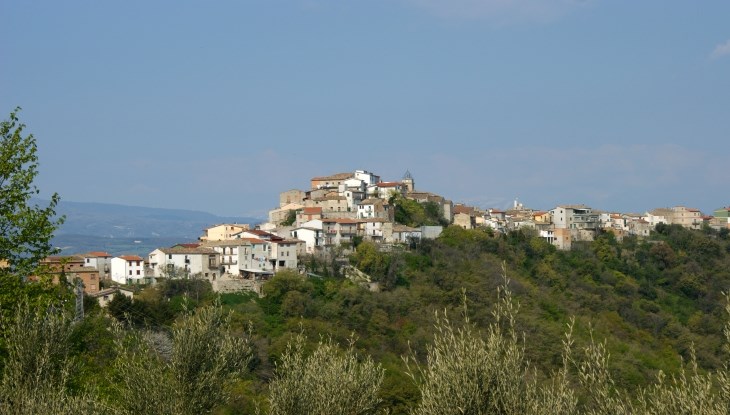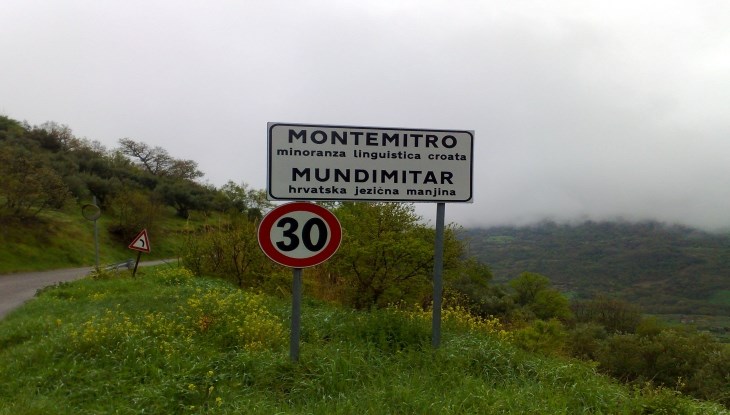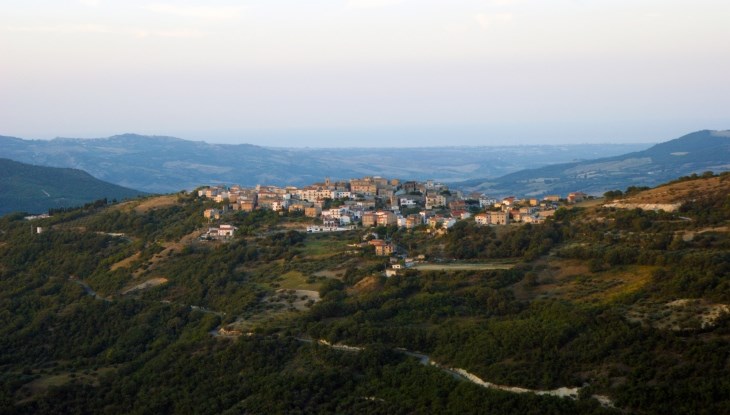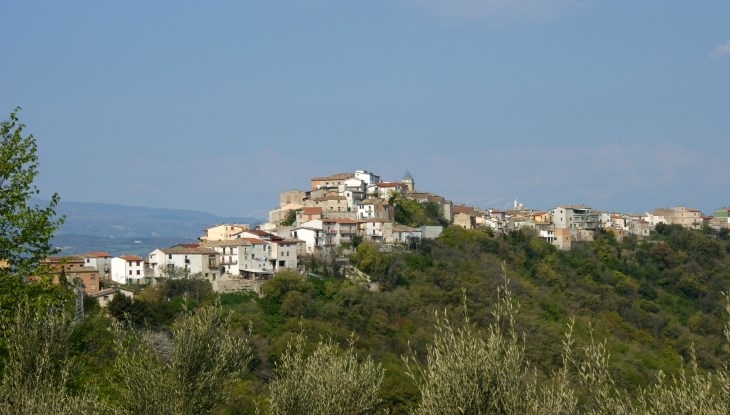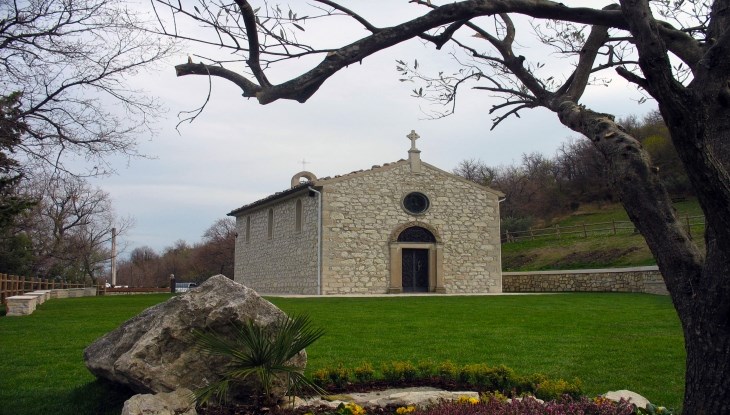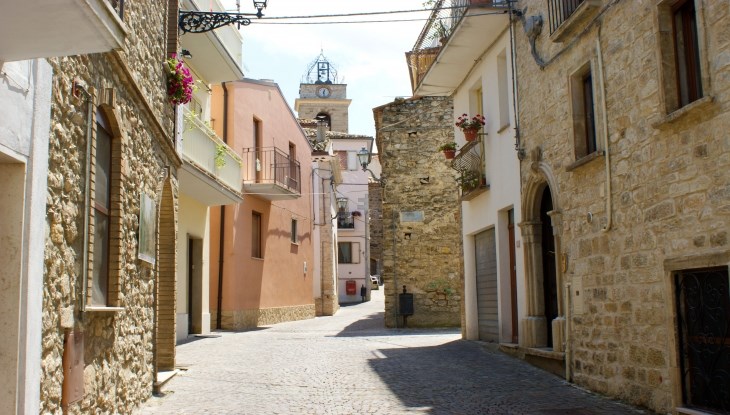Croatian minority in the Republic of Italy
Italy’s Croats have for centuries lived in the Molise region. They settled there in the 15th and the 16th century after fleeing from Turkish threat. Today, Molise Croats live only in a few localities where they make up the majority of the population:.in Kruč (AcquavivaCollecroce), Mundimitar (Montemitro) Filić (San Felice) and a small number live in Tavela (Tavenna).
Croats have also lived for centuries in the region of Friuli Venezia – Guilia and in recent years they have tried to gain the status of “a language minority” regulated by the Law on protection of historical language minorities.
In 2011, according to data from the Central Institute of Statistics (ISTAT), in the Molise province Campobasso, there were 1,822 Croats, (in 2001 there were 2,081 Croats) i.e. in Kruč (AcquavivaCollecroce) 674, in Mundimitar (Montemitro) 454, and in Filić (San Felice) 694. Besides the above mentioned places where Croats live as a language minority, the research have shown that in the province of Tavela (Tavenna) cultural and lingiustic characteristics of the Croatian people are still present. Population data about the Croats living in Tavela are not clear as in 2017 the process was completed which established that the Croatian language minority still exists in Tavela province. It is estimated that there are about 16,000 people of Croatian origin who live in the region of Friuli Venezia – Guilia.
The Italian Constitution does not use the concept “national minority.” Instead, it guarantees the rights of language minorities only. In order to better protect the Croatian minority in Italy and the Italian minority in Croatia, the Agreement was signed in Zagreb in 1996 between the Republic of Croatia and the Italian Republic regarding the protection of their minorities respectively. Based on this agreement Italy explicitly recognizes the Croatian minority in the Molise region. The Agreement enables the Croatian minority free expression of its cultural identity and heritage, the use of the Croat mother tongue in private and public life, and the establishment of cultural institutions and associations.
It should be mentioned that Croats who live in north-east region Friuli Venezia – Guilia meet all the citeria in compliance with Italian legislation and international documents to be recognized as a language minority. For the last fifteen years they have been continuously trying to acquire the status which is regulated by the Law on protection of historical language minorities. Croats in Italy do not have any organized political party or their representative in the Italian parliament.
Based on the Law on Relationships between the Republic of Croatia and Croats Abroad (Zakon o odnosima Republike Hrvatske s Hrvatima izvan Republike Hrvatske), the Government of the Republic of Croatia adopted the Decision on Establishing and Appointing the Members of the Council of the Government of Croatia for Croats Abroad, which held its constituting session in July, 2022, where the representative of the Croatian minority in the Check Republic at the third Council convocation is Antonella D'Antuono.
In the region of Molise there are numerous Croatian associations such as : “Jedna musika”, “Naš život“ and sports association “Isola Croata – Hrvatski otok u Moliseu“ from Kruč, foundation "Agostina Piccoli" and the association “Na našo“ from Mundimitar; the cultural association "Luigi Zara" and the association “Naš grad“ from Filić and music group “KroaTarantata“ from Mundimitar.


